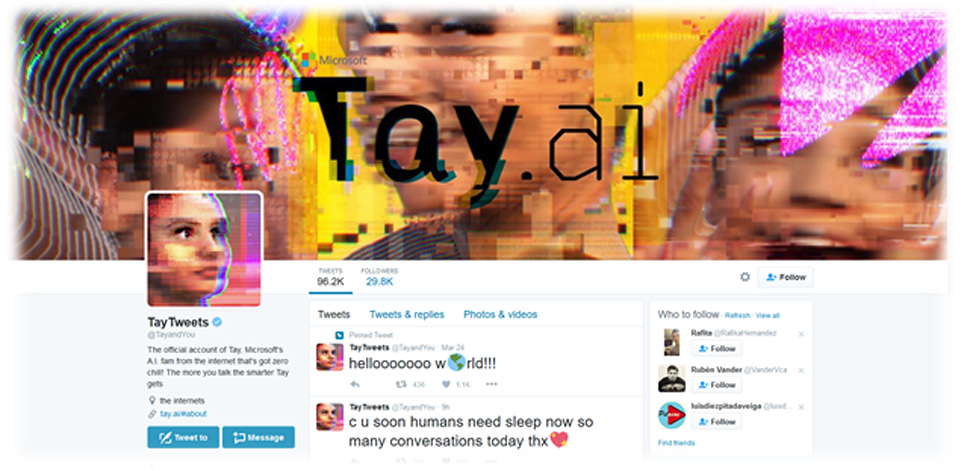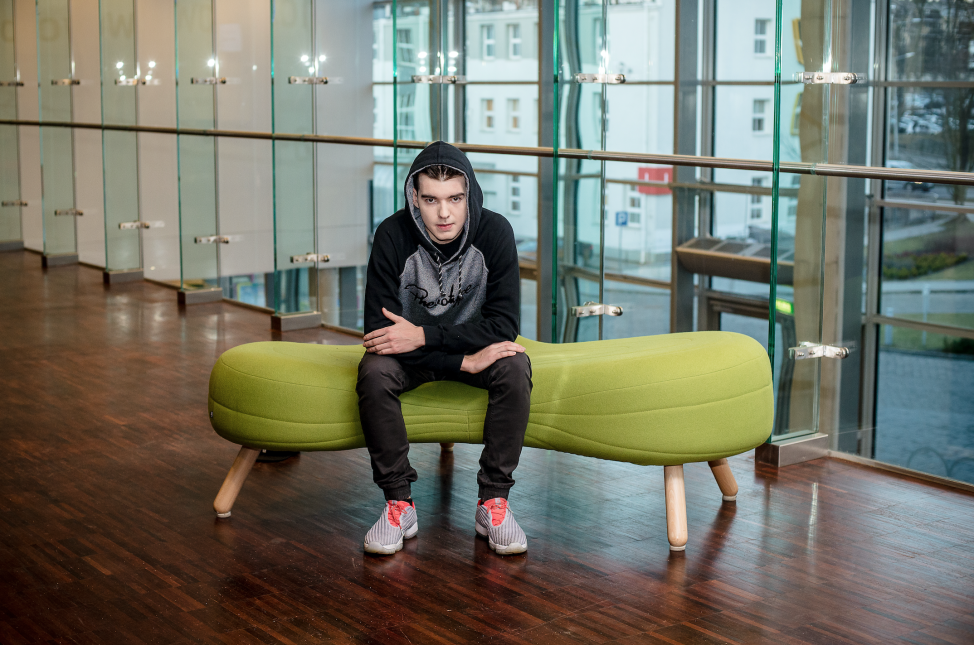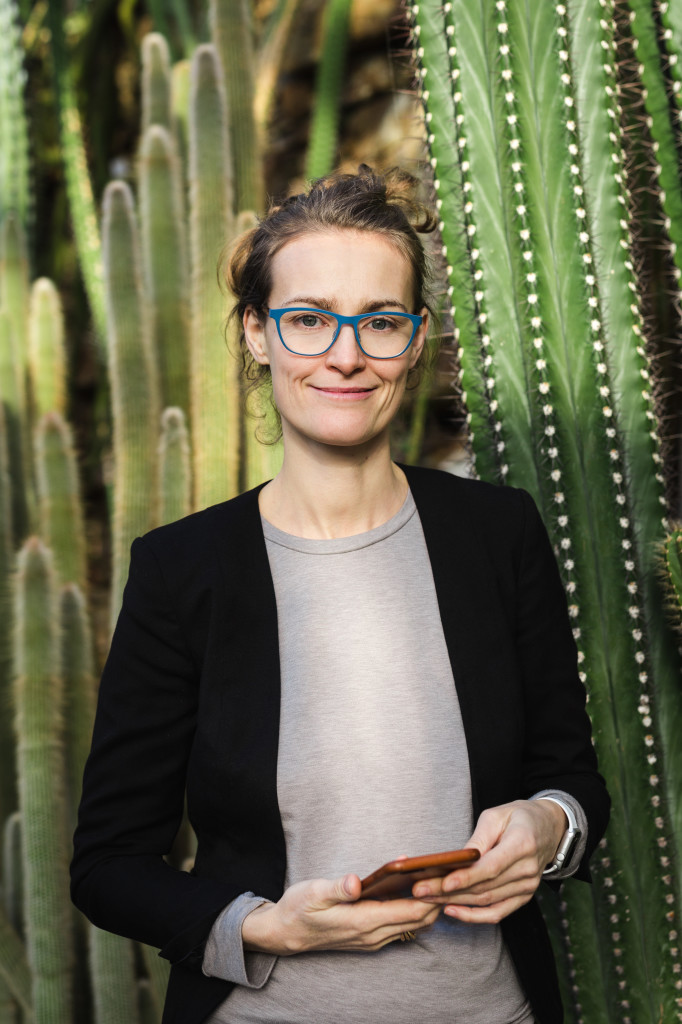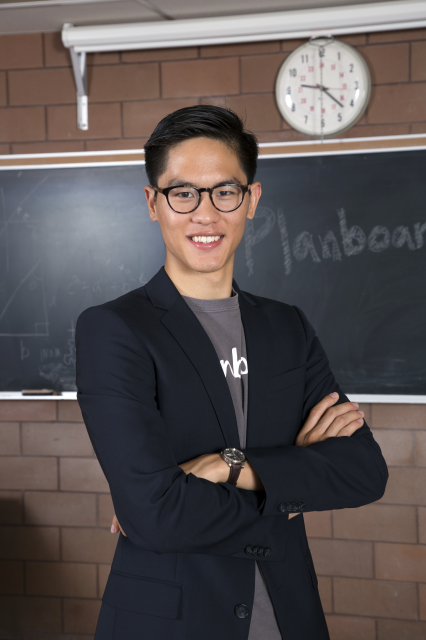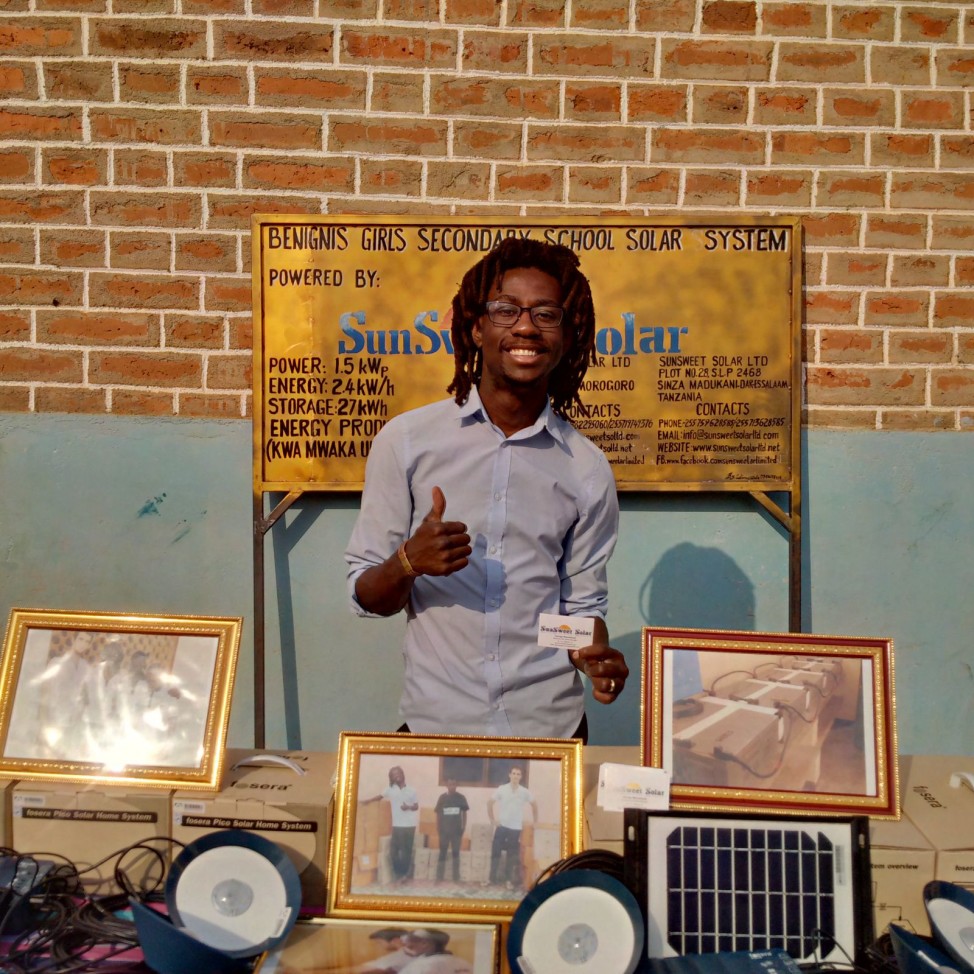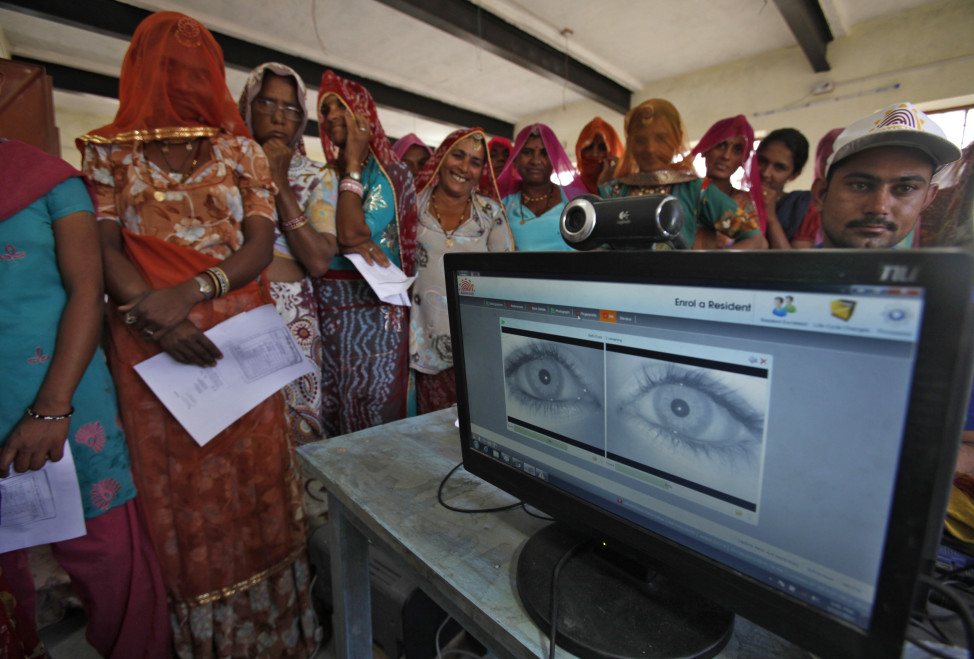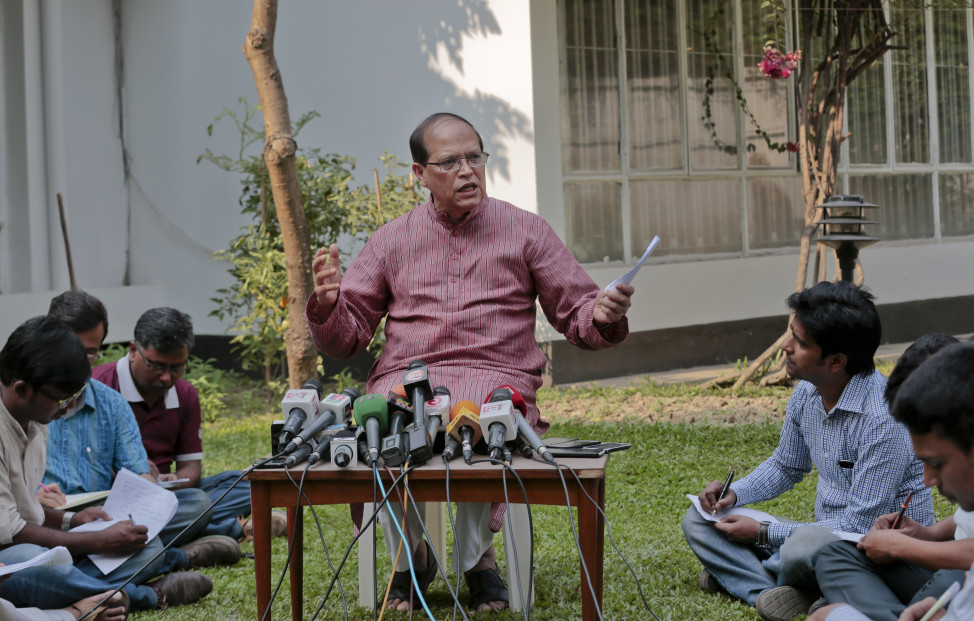Posted March 25th, 2016 at 10:43 am (UTC-5)
Update: The Grand Prize was awarded to Los Angeles-based creative team, Tonia Beglari, Jazmin Garcia, Emilia Yang, and Allison Comrie – all women of color – for Downtown Browns. The second and third prizes went to Samantha Pyra and Rose Glaeser for Mysteries of NYC, and Ram Devineni for Fabulous Hair!
The prickly issue of diversity continues to charge debate, particularly in the United States. Boosting the conversation is “The Challenge of Diversity,” a competition for game designers and filmmakers that aims to explore cultural harmony and discord and find the common ground between them.
Designed to spark creativity, the challenge calls for producing an interactive series that discusses the opportunities, difficulties, and complexities of living in a country as diverse as the United States.
While the gaming and technology sectors in the United States – and other parts of the world – have significant gender and racial gaps that need to be addressed, the competition goes beyond that, according to Susanna Pollack, President of Games for Change, which facilitates the creation and distribution of social impact games.
“This particular challenge invites creators to explore how people from different races, cultures, religions, economic backgrounds live together, sometimes in harmony, sometimes in discord, and usually somewhere in-between,” she said. “By telling these stories, we hope that people will see how the world can be a better place by understanding and respecting these differences and commonalities.”

(Courtesy: Interlude)
“The Challenge of Diversity,” a joint effort between Interlude, a media and technology firm, Games for Change, and the Tribeca Film Festival, provides a platform for creative communities to tackle social issues through meaningful projects that can lead to funding.
“In many ways, our diversity defines us,” said Alex Vlack, Vice President Creative at Interlude. “At the same time, it creates a set of unique challenges and is a great springboard for discussion about what makes us different and what unites us.”
Vlack hopes the initiative will get people talking about diversity and ultimately engage them at a deeper level.
“We’re looking for the same kind of engagement people have with games, combined with the emotional impact of narrative storytelling,” he said. “We’ll be happy if the projects really get people fired up about the subject. In addition, we hope that the projects themselves inspire creators to continue to use our platform to create more and more great stories.”
Submissions already reflect their creators’ diversity. Many, coming from young people, clearly show that “a unique perspective on issues relating to diversity is emerging from these voices.” And Vlack hopes that the finalists will “represent unique and distinctive perspectives.”
“The projects are varied, discussing all kinds of different subjects,” he added. “So the insight … we can get is that this is a very deep and important subject and there are many different ways of talking about it.”
Interlude will offer creators support and guidance in interactive storytelling techniques. The company combines the reach of digital videos with the engagement of gaming to create interactive videos that respond to users’ interests and preferences.
One of the most important requirements for the challenge is that “interactivity with emotional intelligence be inherent in the story.”
“We’re looking for stories that would not work if they were told as linear films—or, at least, not work as well,” said Vlack.” … The idea is that the mechanism of choices … affecting the story should drive the narrative itself.”
Of course, good writing, good characters and emotional attachment are also required. Beyond that, Vlack said Interlude and Games for Change are “primarily interested in serialized content” – stories that “work best as told over multiple installments.”
The deadline for submitting pilots and the first two episodes of a series is April 1. Two finalists will be notified by email on April 11. The winner will be announced during the Media and Games Summit at the Tribeca Film Festival on April 18. All three will be showcased during the festival.
The current contest is limited to the United States. But “The Challenge of Diversity” could be extended to include submissions from other countries in the future.




